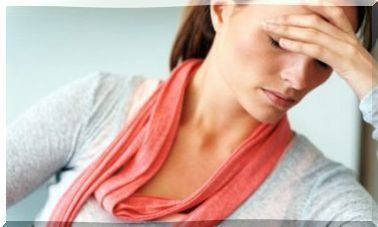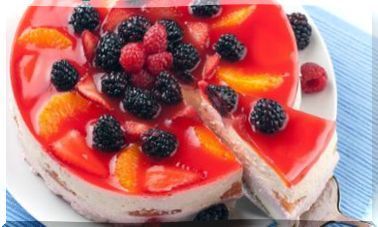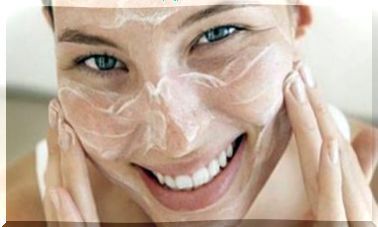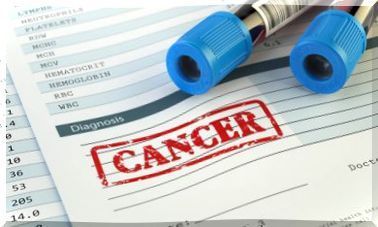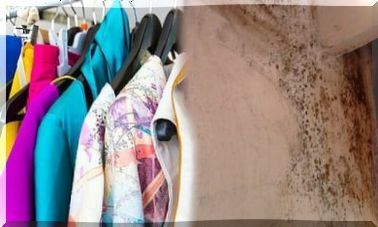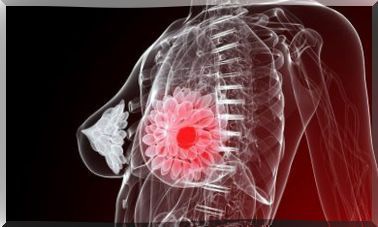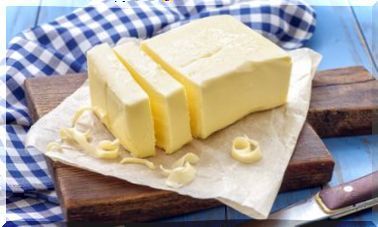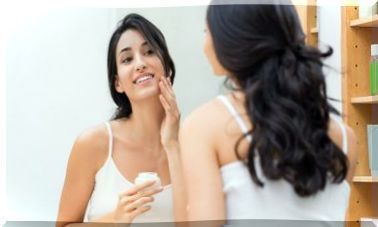Natural Treatment For Excess Hair
There are several natural treatments to combat excess hair. A good option is to watch your diet and watch what you eat daily.
On the other hand, herbs are beneficial to take care of the skin and facilitate the removal of hair naturally. This is done progressively.
What to do if you have excess hair?
1. A healthy diet

- Eat foods with antioxidants, such as fruits (blueberries, cherries, or tomatoes) and vegetables (squash or peppers).
- Avoid refined foods, such as white bread, pasta, and especially sugar.
- Eat less red meat and substitute leaner meats, cold-water fish, tofu (soy, if there are no allergies), or beans for protein.
- Use healthy oils in your food, such as olive oil or vegetable oil.
- Reduce or eliminate trans fats found in commercially baked goods such as cookies, crackers, cakes, potato chips, onion rings, fritters, processed foods, and some margarines.
- Avoid alcohol and tobacco.
- Drink 6 to 8 glasses of water a day.
- Exercise at least 30 minutes a day, five days a week.
2. Herbs and infusions
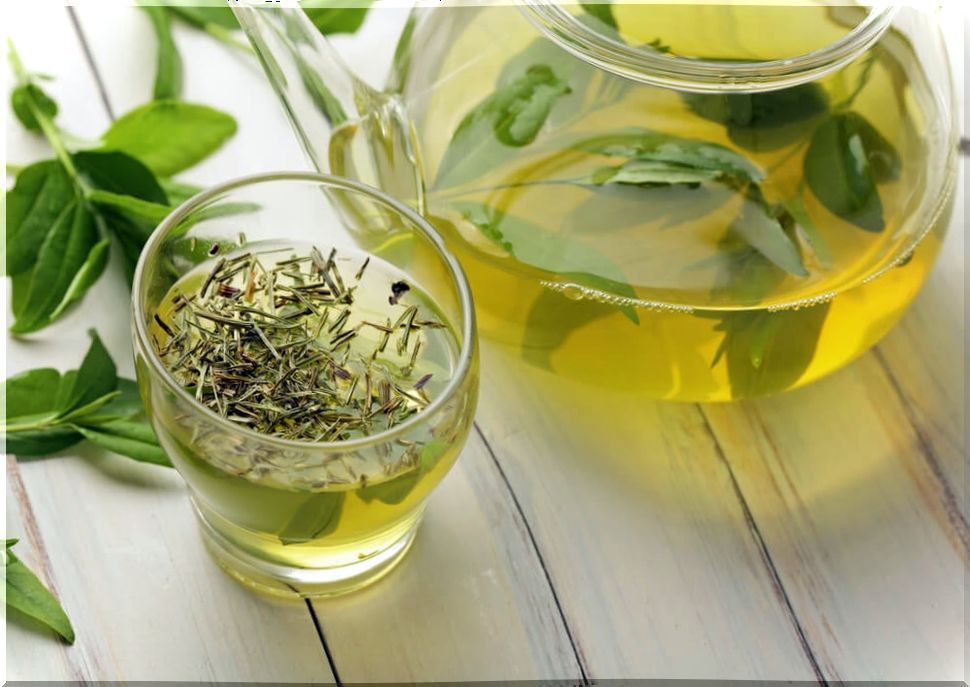
Herbs can strengthen and tone the body’s systems, as well as fight excess hair.
As with any therapy, you should work with your healthcare provider before starting any treatment.
You can use herbs as powdered extracts (capsules, powders, and teas), glycerin extract, or tinctures (alcohol extracts).
Unless otherwise noted, you should make teas with 1 tsp. of grass for each cup of hot water, 5 to 10 minutes for leaves and flowers, and 10 to 20 minutes for roots.
- Saw palmetto (Serenoa repens) has antiandrogenic effects, which means that it lowers the levels of male hormones in the body. It is often suggested to treat PCOS, although there is no scientific evidence as to whether it works or not. Saw palmetto can increase the risk of bleeding.
- The chaste tree (Vitex agnus castus) also has antiandrogenic effects. Chaste tree can interfere with some antipsychotic drugs, as well as some Parkinson’s medications.
- Black cohosh (Actea racemosa) is another herb with antiandrogenic effects. Do not take black cohosh if you have liver disease. Black cohosh can increase the risk of blood clots, so don’t take it if you have a bleeding disorder either.
- Spearmint tea (Mentha spicata), one cup twice a day.
3. Acupuncture
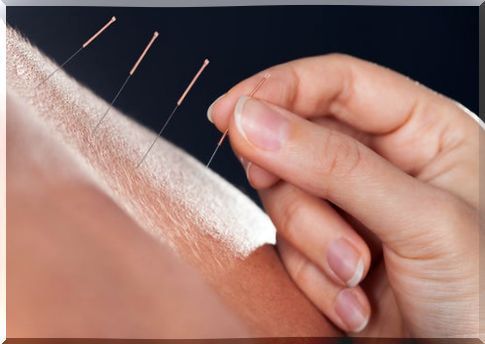
Acupuncture reduces both hair density and hair length.
It also reduces your levels of the male hormone testosterone. However, more research is needed for acupuncture to be listed as safe for hirsutism.
What is hirsutism?
Hirsutism is a condition in which women have excess unwanted hair on their faces and bodies.
Hair is usually dark and thick and usually appears where men’s hair usually grows, on the chest, face, and back.
Different hirsutism treatments can improve your symptoms.
Long-term medication can reduce hair growth, but it usually does not get rid of existing hair on the face and body.
Some beauty techniques, such as laser hair removal, waxing, etc. they can reduce unwanted hair.
Similarly, some facial and body hair is normal, and the amount of it varies among women.
But about half of women with hirsutism may have high levels of male sex hormones called androgens.
Hence, the above herbs are recommended. And, of course, consult your doctor to start a treatment.
